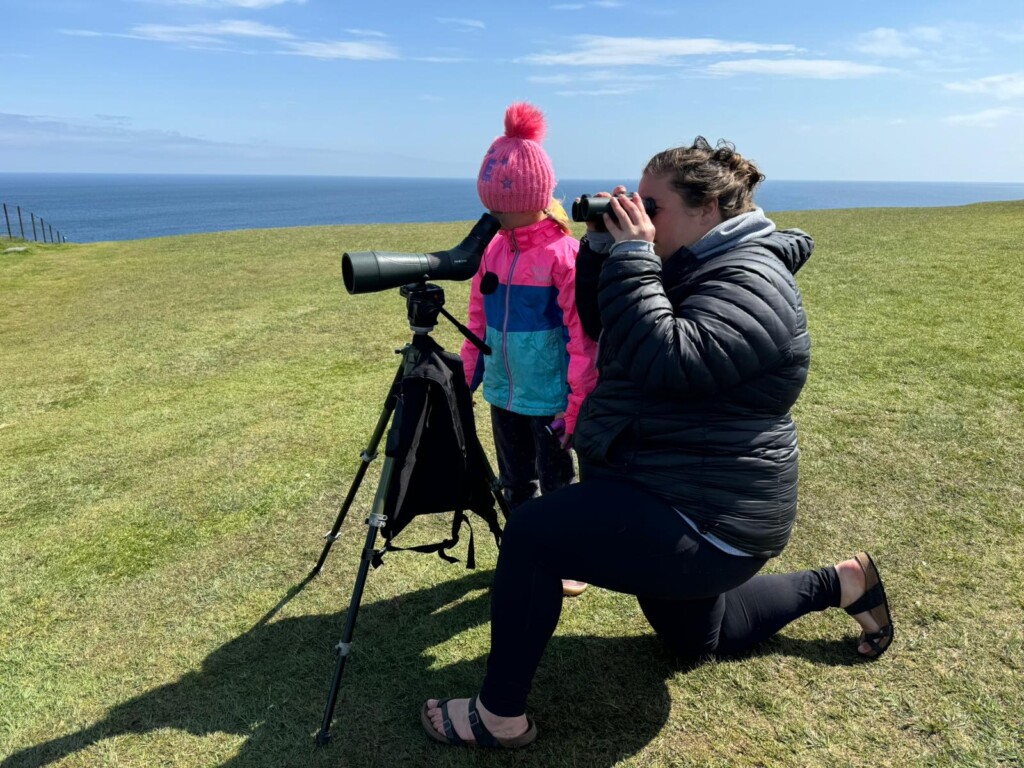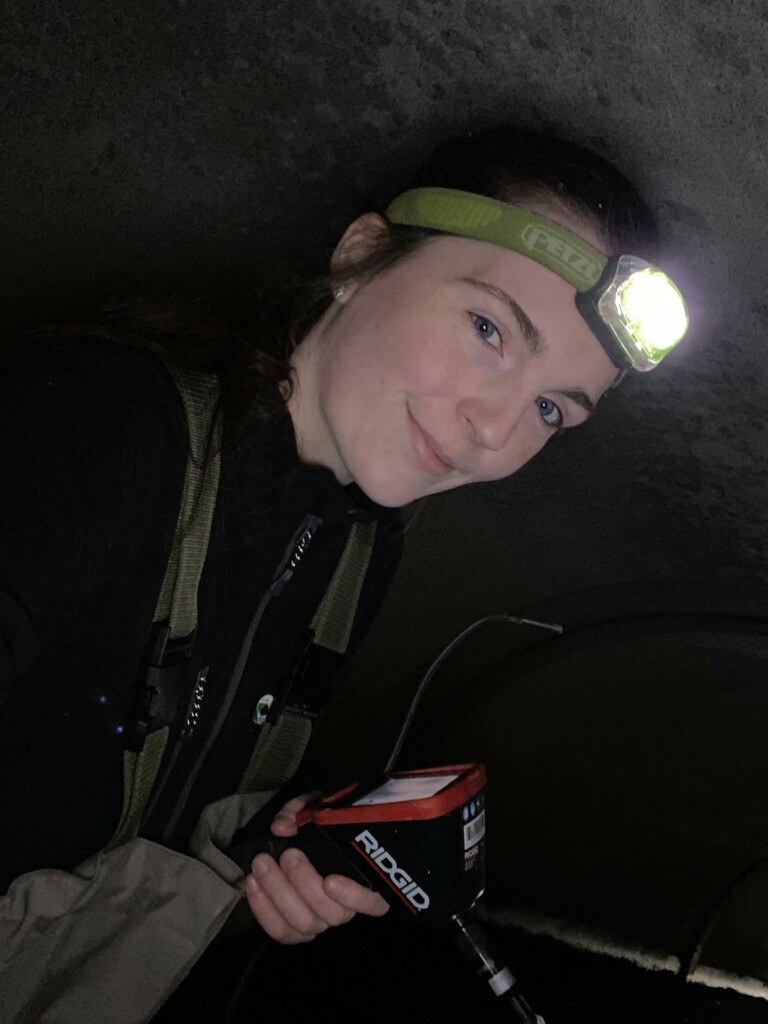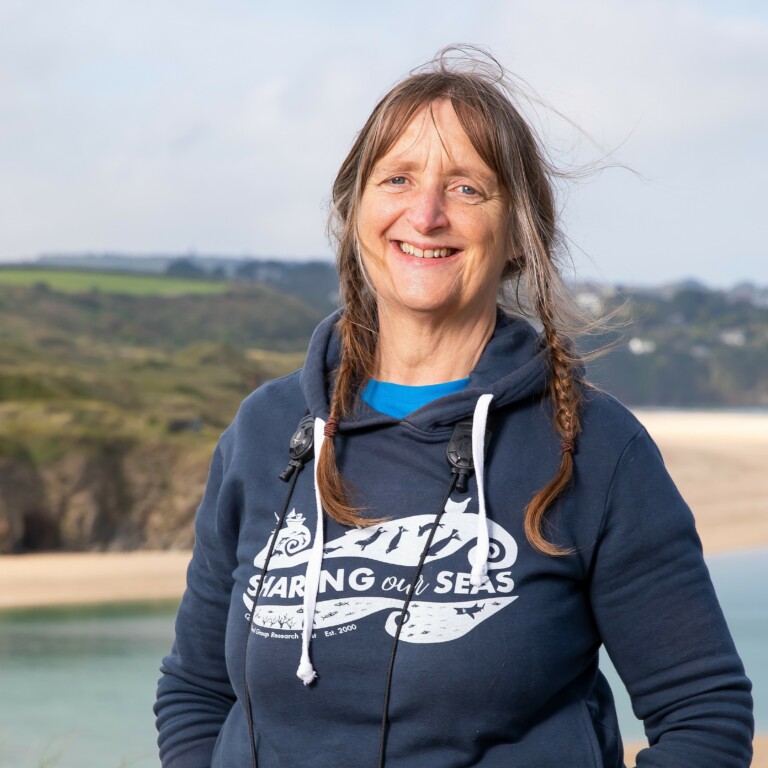Fiona Day

What employment sector do you work in?
NGO Sector
How long have you had a green job for nature?
6 years
Salary Range
£25,001 – £30,000
Please describe the work that you do.
I’m the Education and Community Engagement Lead at the Mammal Society, leading national youth and schools programmes like the University Mammal Challenge. I manage our training offer, support our local groups network, mentor Youth Ambassadors, and organise our annual conference. I also develop engagement programmes from grant applications through to delivery and contribute to national nature education policy.
What do you most like about your job? Any dislikes?
I love how varied my job is and the chance to connect people with nature and conservation at all levels. It’s incredibly rewarding, especially moments like watching humpback whales with our Youth Ambassadors in the Hebrides. Being in a UK-wide role can make it harder to spend time out and about, and like many in conservation, managing workload with limited time and resources can be a challenge—but the impact makes it all worthwhile.
What inspired you into this career?
My passion for conservation stems from my love of immersing myself in nature—whether it’s searching for rare migratory birds, spending hours observing cetaceans from headlands, or the thrill of examining a moth trap at dawn. These experiences bring me immense joy, and I am eager to share them with others.
Have you faced any challenges in progressing your career so far?
Embarking on a conservation career often means embracing a variety of roles rather than following a single, straightforward path. Early in my career, I took on diverse positions that demanded long hours and hard work. This sector’s passion-driven culture can sometimes lead to taking on more responsibilities, making it challenging to plan a clear career trajectory. However, each experience has enriched my understanding and deepened my commitment to conservation.
What education/training did you have?
I earned a BSc in Biological Sciences from the University of Plymouth, where I engaged in diverse modules covering areas such as molecular biology, microbiology, ecotoxicology, human physiology, and ecology. The program emphasized both lab and field skills, with multiple local field trips and a field course in the Azores.
During my studies, I completed a placement year with the Field Studies Council (FSC). This experience provided practical conservation skills and deepened my understanding of environmental education.
Beyond education, I actively sought voluntary opportunities in survey work and practical conservation, which enriched my hands-on experience and reinforced my commitment to the field.
What advice would you give to someone coming into the profession?
My advice would be to keep your interests broad and always be on the lookout for opportunities to gain voluntary or practical experience. These hands-on experiences are invaluable, helping you not only build your skill set but also figure out what areas of conservation you’re most passionate about. Above all, make sure you’re doing things you enjoy. When you enjoy the work, it doesn’t feel like a chore, and that passion will drive you forward in your career.
—
Tags: UK, NGO sector, Environmental educator, Community and volunteer engagement
Date profile submitted: 08/04/2025
Related Job Profiles
Naomi Webster

Louise Gannon

Sue Sayer MBE

